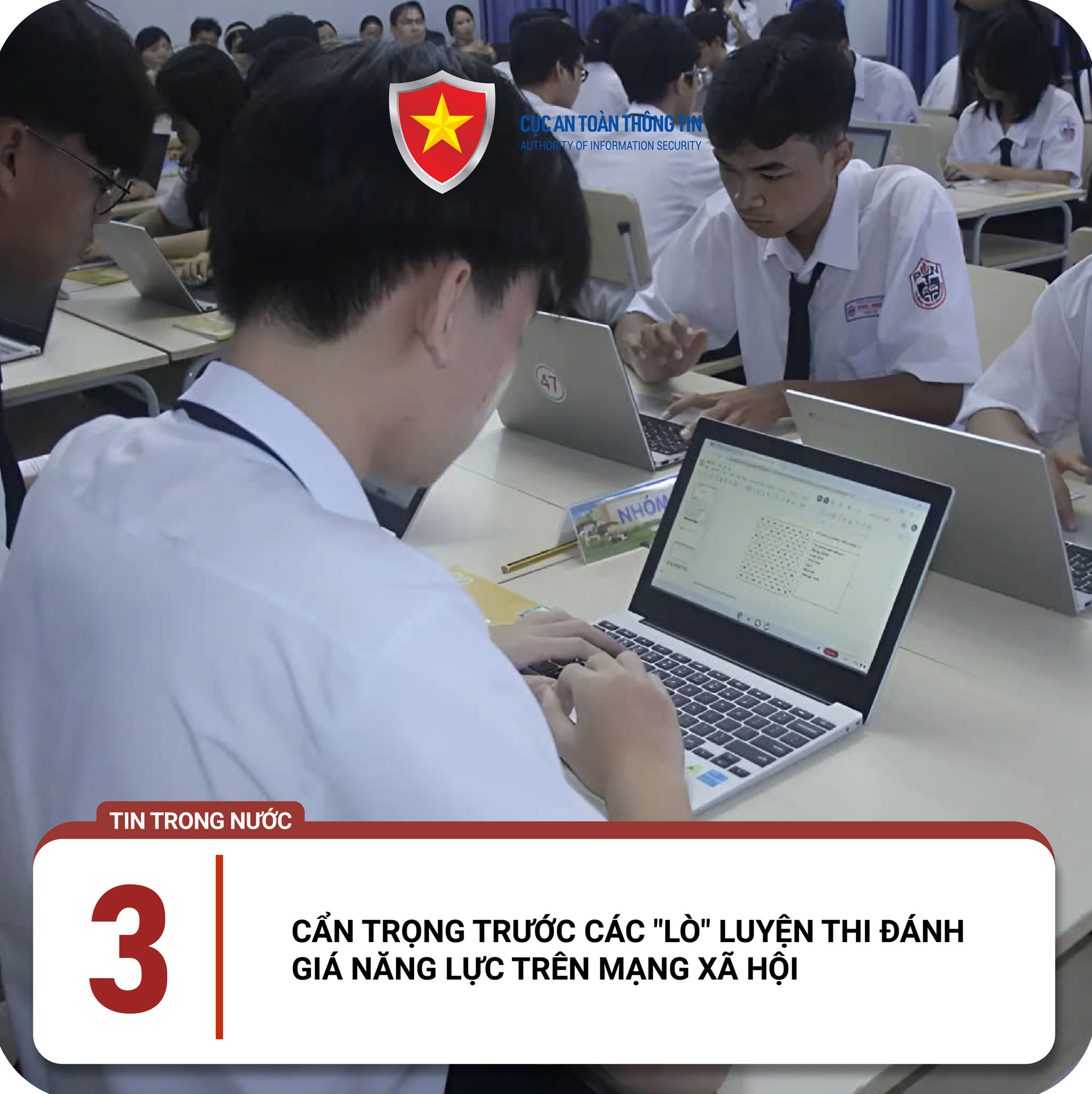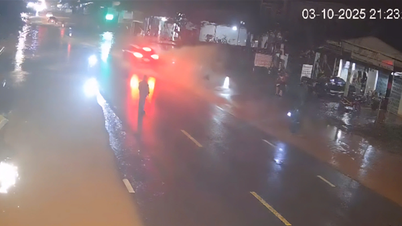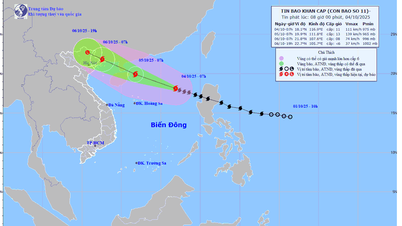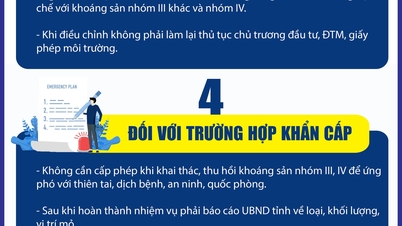Fraud by video calling via Messenger using artificial intelligence (AI) technology to fake faces and voices is one of three scams that the Department of Information Security ( Ministry of Information and Communications ) has just recommended people to raise their vigilance.
Below are 3 scams that were used a lot by criminals on Vietnamese cyberspace during the week, from December 23 to December 29:
Fraud in the form of tour organization
A woman living in Hanoi was recently prosecuted for fraud and property appropriation. She received money from two business leaders to apply for visas and organize a 5-day, 4-night tour to Korea; however, she later appropriated the money and did not fulfill the agreement.
The common trick of these subjects is to impersonate reputable travel companies or create fake companies. Fraudulent companies often do not provide addresses, phone numbers, or business license information.
The subject posted a series of tour advertisements on social networks and text messages; offered tours at very low prices and required full or large advance payment, but without a clear contract or without full information about the tour organizer.

The Information Security Department recommends that people be cautious of suddenly cheap tours on social networks, especially at the end of the year.
People should check to ensure the tour company has a legal operating license; only pay through secure methods, never send money through unclear channels.
People should not transfer money to individuals or bank accounts of unknown origin; do not access links or attachments in messages, emails or suspicious posts on social networks; and do not share personal information, bank account numbers or credit card information with strangers.
Messenger scam uses AI to fake faces and voices
Recently, a woman in Long Bien district (Hanoi) received a video call via Messenger from her son who is studying at a university in Ho Chi Minh City, asking him to transfer more than 100 million VND to pay for the study abroad registration fee. However, this person did not follow the request because she suspected fraud.
Recognizing that high-tech tricks such as AI are becoming more and more popular and sophisticated, the Information Security Department analyzed that initially, the subjects collected images and videos from the victims' social network accounts or other sources.
Next, they use AI to combine faces and voices, creating fake video calls with relatives and friends. During the call with the victim, the subject gives urgent reasons such as accidents, debts, and need for financial support to request immediate money transfers.

The Information Security Department recommends that people raise their vigilance to protect their assets and personal information, and closely coordinate with authorities to prevent illegal acts.
Specifically, when receiving a call requesting money transfer, people must first verify the information, call back relatives directly via a known phone number to check the information; be careful when sharing personal information on social networks, limit posting personal photos, videos and sensitive information; adjust privacy to limit strangers from accessing the account.
Be careful with online 'competency assessment test preparation centers'
Taking advantage of the anxiety of candidates taking the 2025 competency assessment exam under the new program, many training courses are being widely promoted on social networks. The common trick of the subjects is to create groups related to 'competency assessment exam preparation' courses.
Currently, on groups about the competency assessment exam, every few hours there is an anonymous post asking for exam preparation addresses. Under the post, there are a series of comments introducing themselves as staff or having studied at the centers and achieved good results. Candidates only need to respond to the comments, and someone will proactively contact them to introduce the course.

The Information Security Department has determined that 'competency assessment test preparation centers' on social networks show signs of fraud. People, especially students and parents, when looking for test preparation centers should be extremely cautious with 'competency assessment test preparation centers' on the internet.
Learners should choose courses from reputable schools, test preparation centers, or verified online learning platforms; need to check information about test preparation centers, instructors, and teaching methods.
In particular, learners should not believe in 'guaranteed passing' promises, as these are often signs of fraud.

Source: https://vietnamnet.vn/chieu-lua-bang-cuoc-goi-video-qua-messenger-dung-ai-gia-mao-khuon-mat-2358068.html



![[Photo] Solemn opening of the 8th Congress of the Central Public Security Party Committee, term 2025-2030](https://vphoto.vietnam.vn/thumb/1200x675/vietnam/resource/IMAGE/2025/10/4/f3b00fb779f44979809441a4dac5c7df)

![[Photo] General Secretary To Lam attends the 8th Congress of the Central Public Security Party Committee](https://vphoto.vietnam.vn/thumb/1200x675/vietnam/resource/IMAGE/2025/10/4/79fadf490f674dc483794f2d955f6045)






















![[Photo] Students of Binh Minh Primary School enjoy the full moon festival, receiving the joys of childhood](https://vphoto.vietnam.vn/thumb/1200x675/vietnam/resource/IMAGE/2025/10/3/8cf8abef22fe4471be400a818912cb85)
![[Infographic] Notable numbers after 3 months of "reorganizing the country"](https://vphoto.vietnam.vn/thumb/1200x675/vietnam/resource/IMAGE/2025/10/4/ce8bb72c722348e09e942d04f0dd9729)





























































Comment (0)